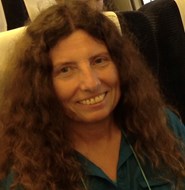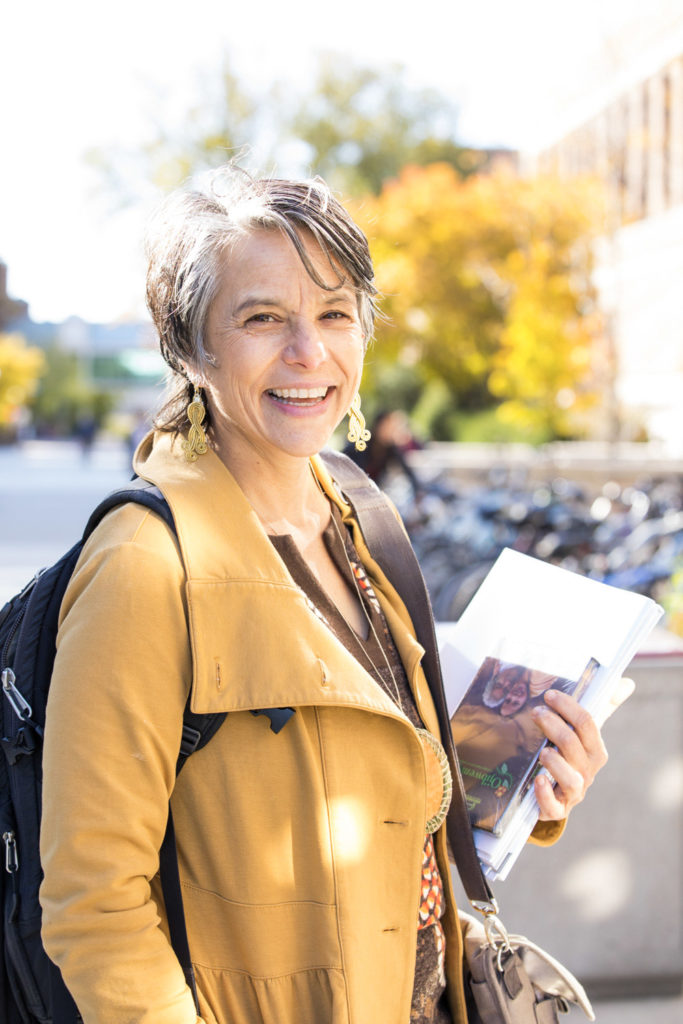We are delighted to confirm as keynote speakers for the Symposium 2021:
Nora Räthzel and Mary Hermes

Nora Räthzel (Department of Sociology, Umea University, Sweden) was a member of the group Frauenformen and took part in the original development of Collective Memory-Work. She will open the Symposium with her contribution:
‘Women: Victims or Culprits?’ That was the title of a presentation Frigga Haug gave in the year 1980 at the first People’s University in Berlin. The question alone raised eyebrows and the answer created a storm of fury but also support among feminists and the left in general: women are not just victims Haug suggested, they are also actors of their own subordination. Some of us found this thesis liberating because it meant: if we take part in our own subordination, if we ourselves reproduce the dominating structures we want to break down, then surely, with a better insight into how we support them we will be better able to undo them. This is how Collective Memory-Work took off. Using our own life histories as ‘research objects’ we set out to better understand how we take part in the formation of societal structures that subordinate us in order to learn how to better challenge them by simultaneously changing ourselves. This talk will tell the story about the beginnings of memory work, its political and theoretical foundations, its specific methodologies, its achievements and its dangers. It will also recount how this cognitive, emotional and social experience has shaped my way of doing research collectively over the following four decades in the area of gender studies, labour studies, racism, and environmental labour studies.

Mary Hermes (Department of Curriculum and Instruction, University of Minnesota, Minneapolis, US) was instrumental in the appropriation of Collective Memory-Work in postgraduate studies at the University of Minnesota. As collaborator and instructor she facilitated the development of a number of dissertations that are based on research using applications and adaptations of Collective Memory-Work.
In her teaching she works with collective memory, devoted to CMW and queer and feminist theory at the Department of Curriculum and Instruction at the University of Minnesota. Over 7 years Mary has influenced the development of the use/s of CMW within the confines of the university – especially in terms of making this a queer centred space. This has led to revisions and variations of the method, which include using standpoint epistemology, intersectionality and new materialism as feminist and queer theories, and an updating of the “guide” in accordance with these theories.
With the keynotes by Nora and Mary we will get two contributions bridging a development over 40 years, ranging across geographical boundaries and theoretical perspectives on the use and usefulness of Collective Memory-Work.